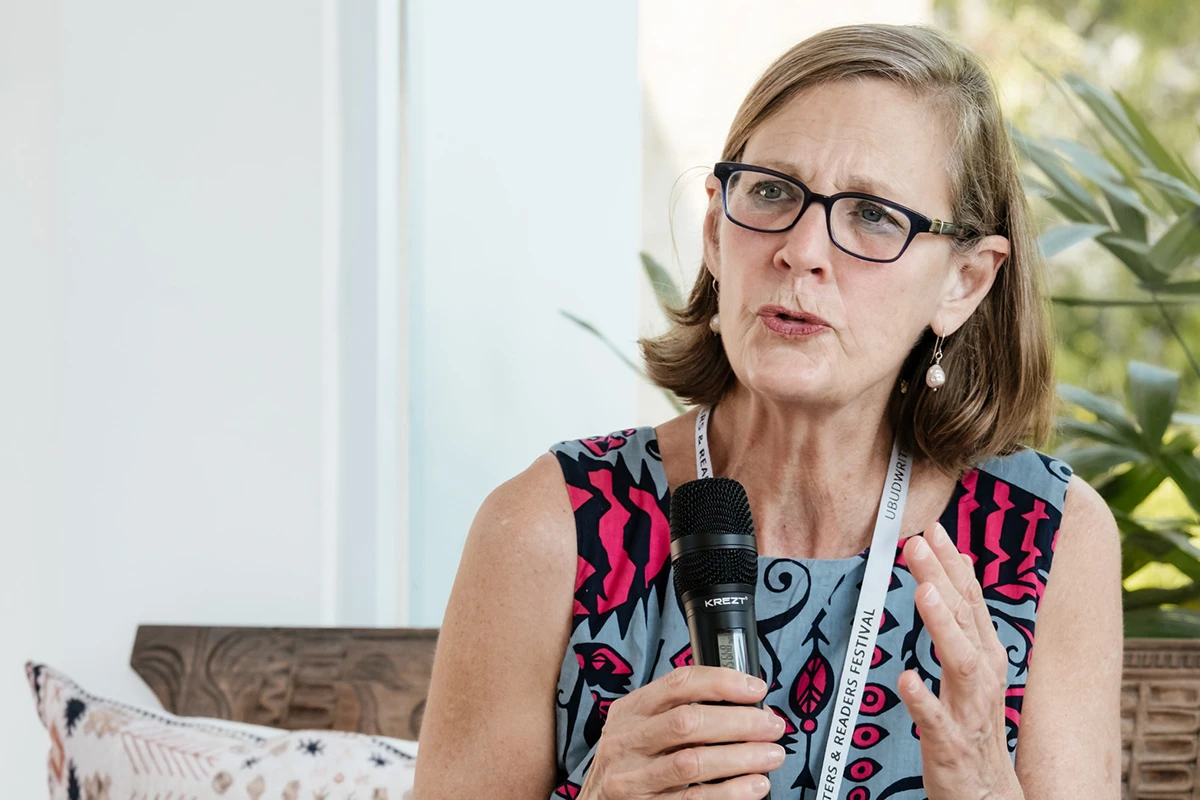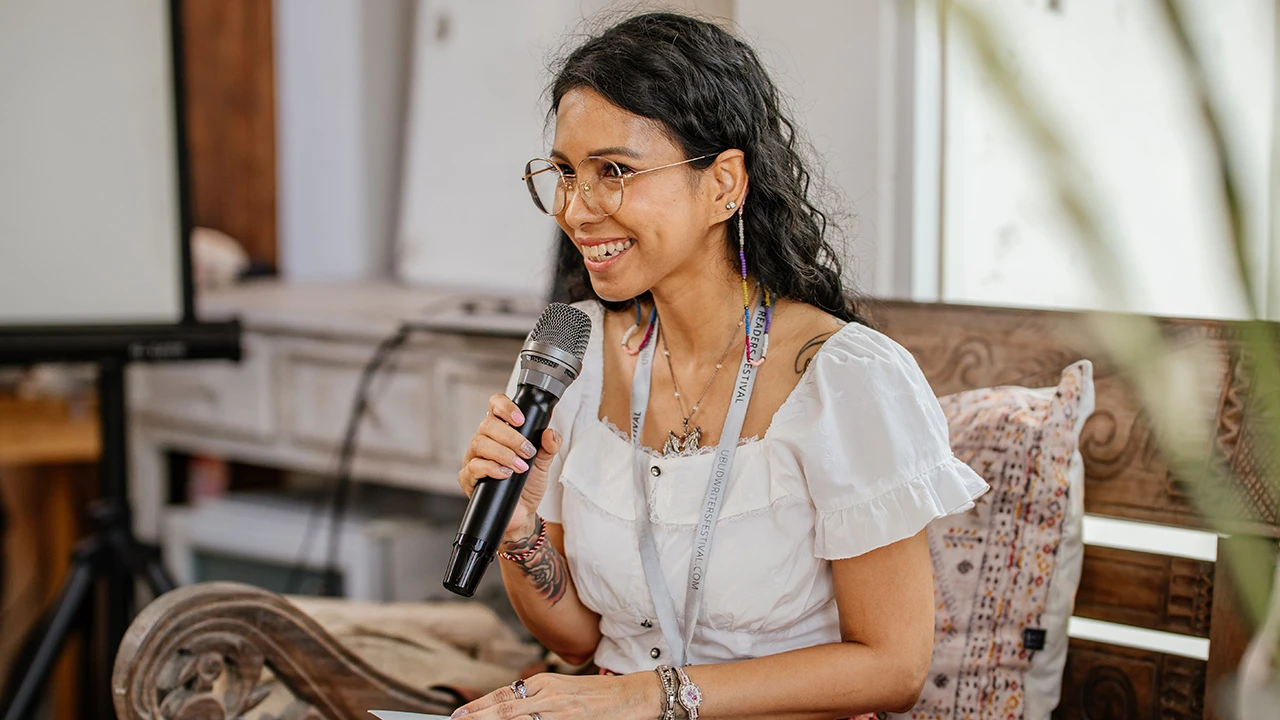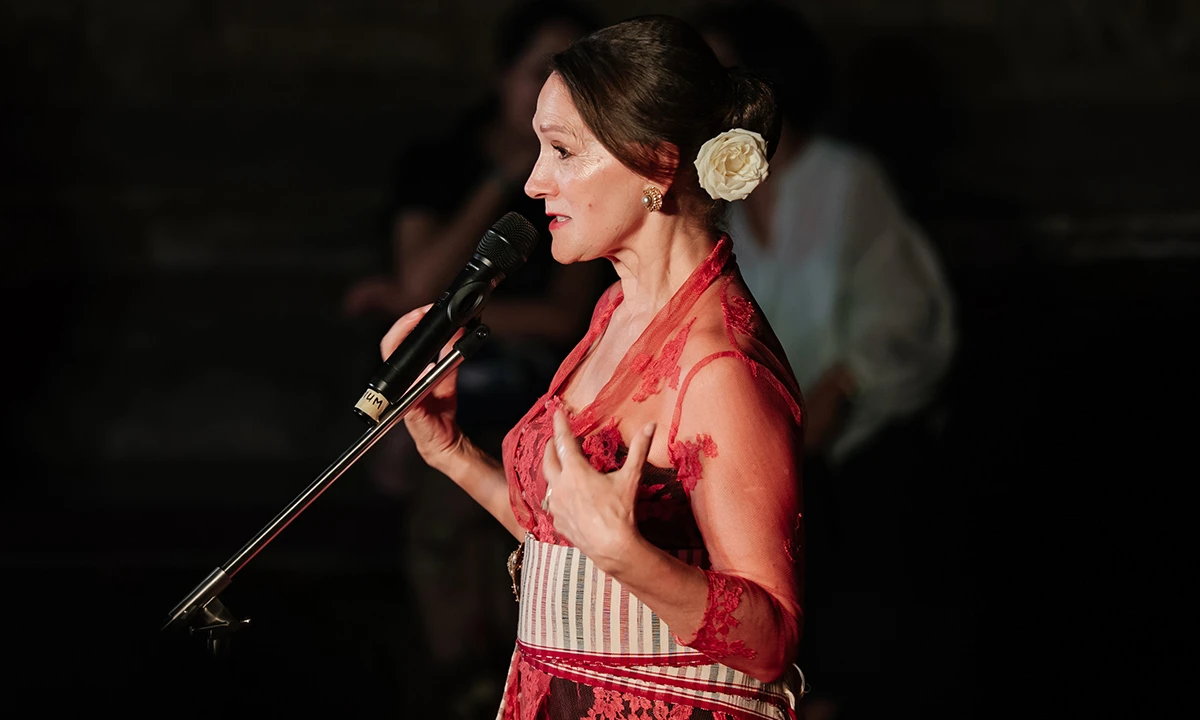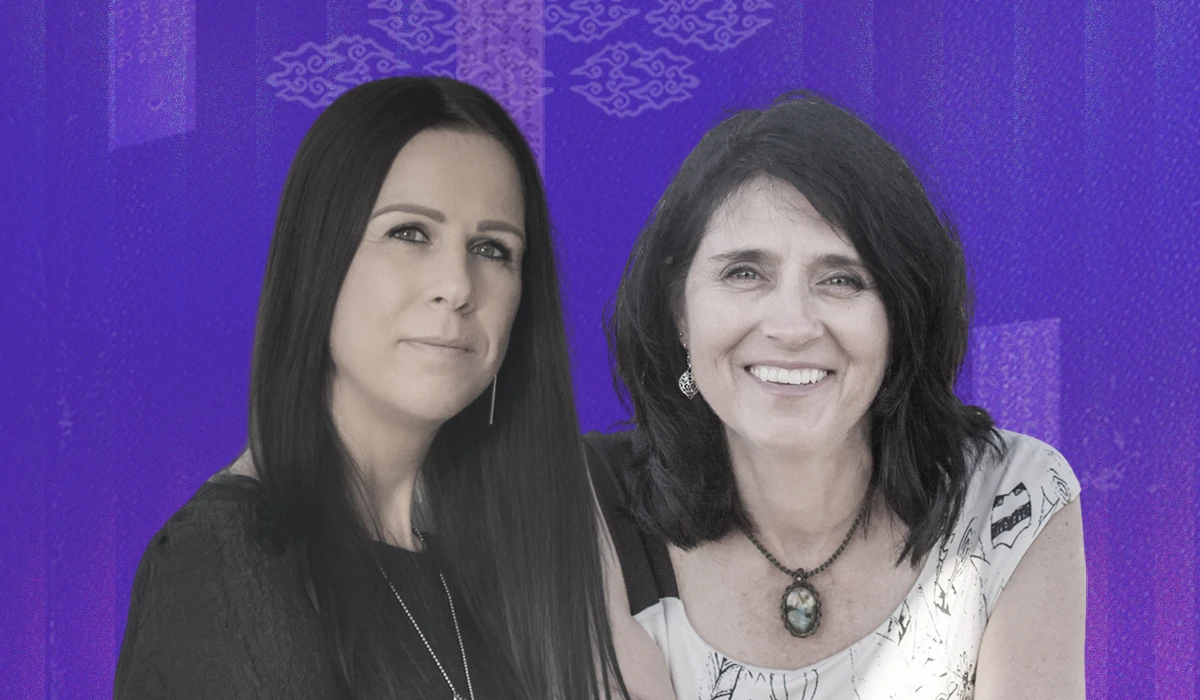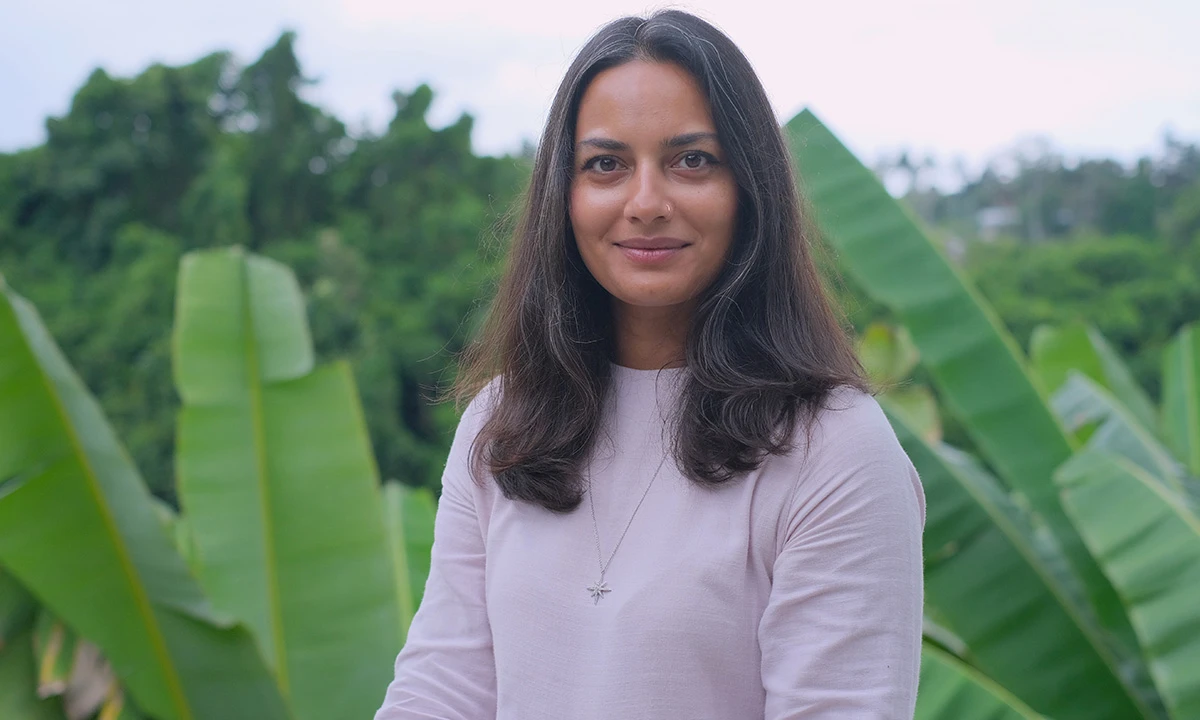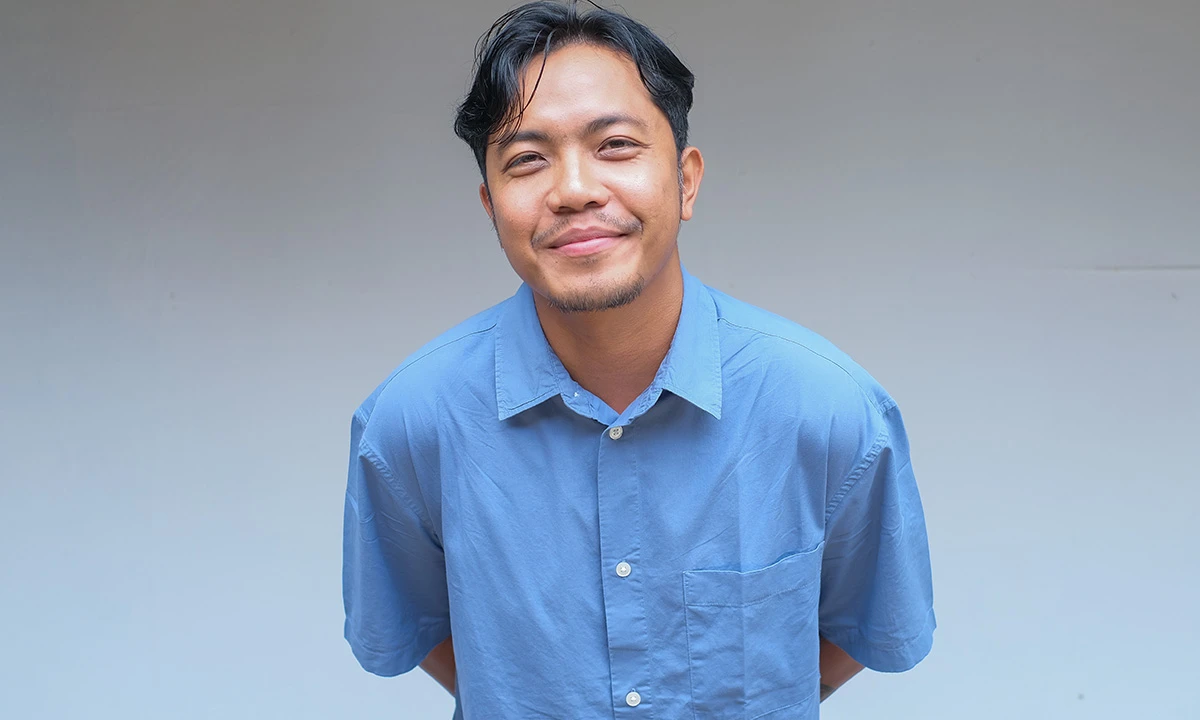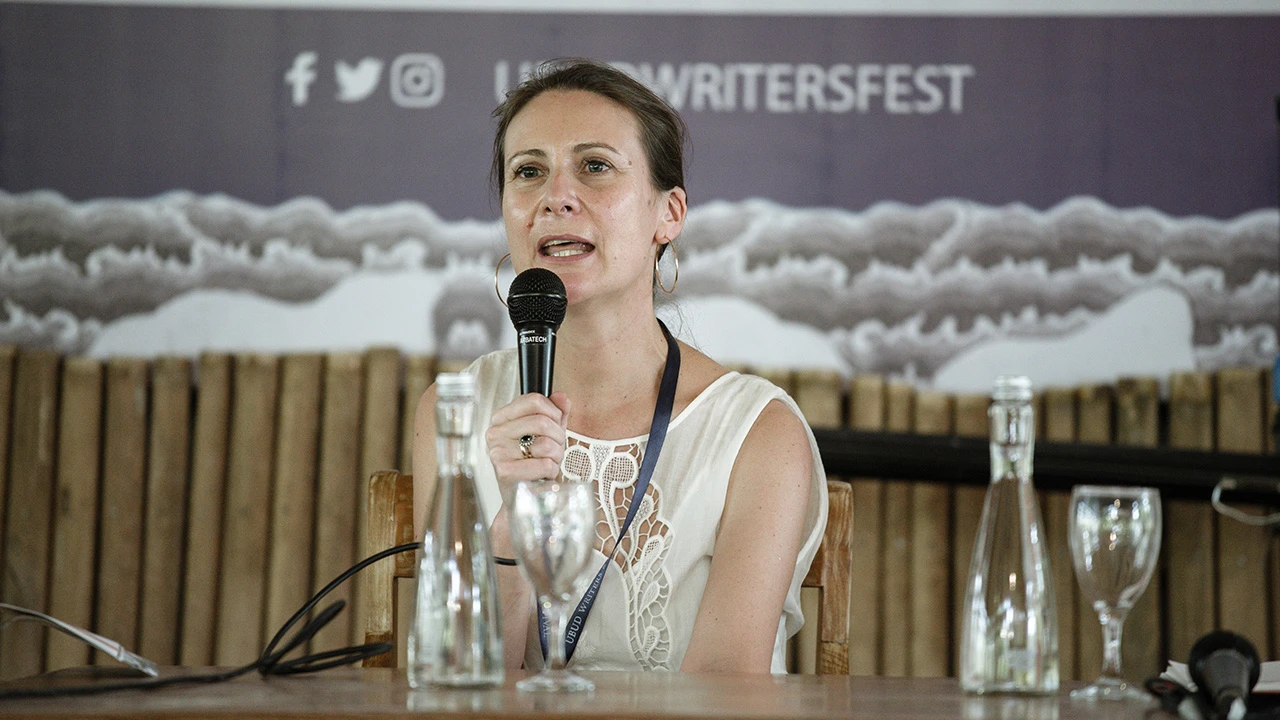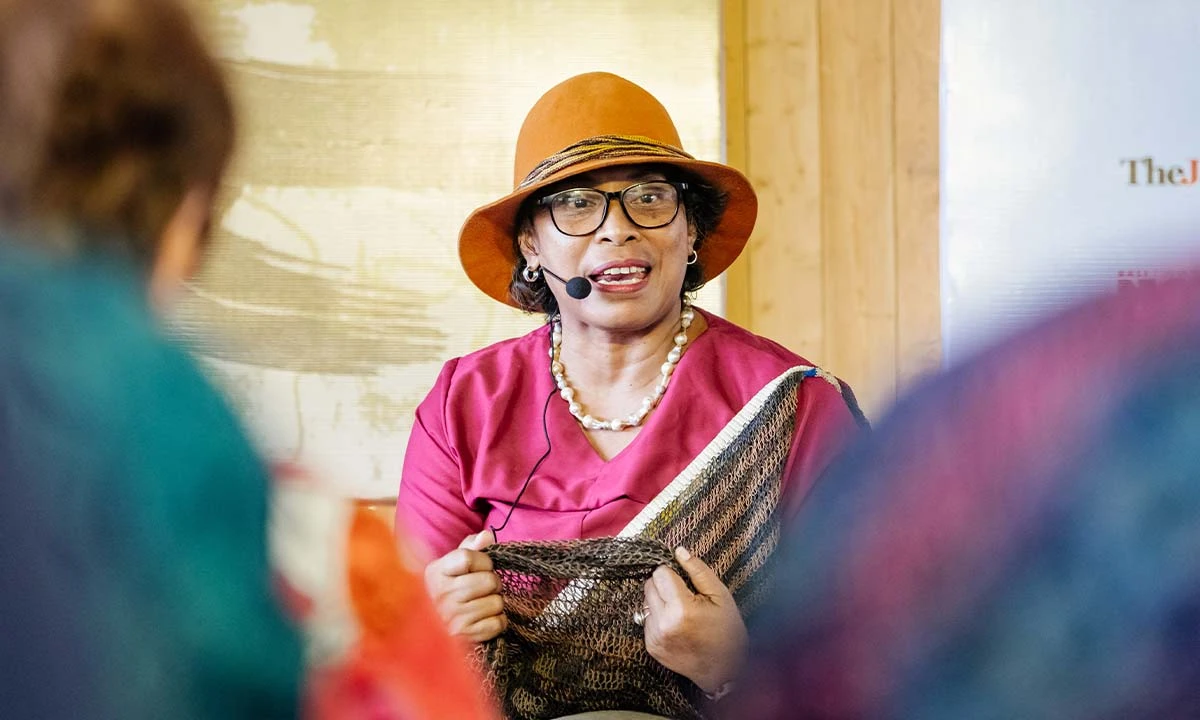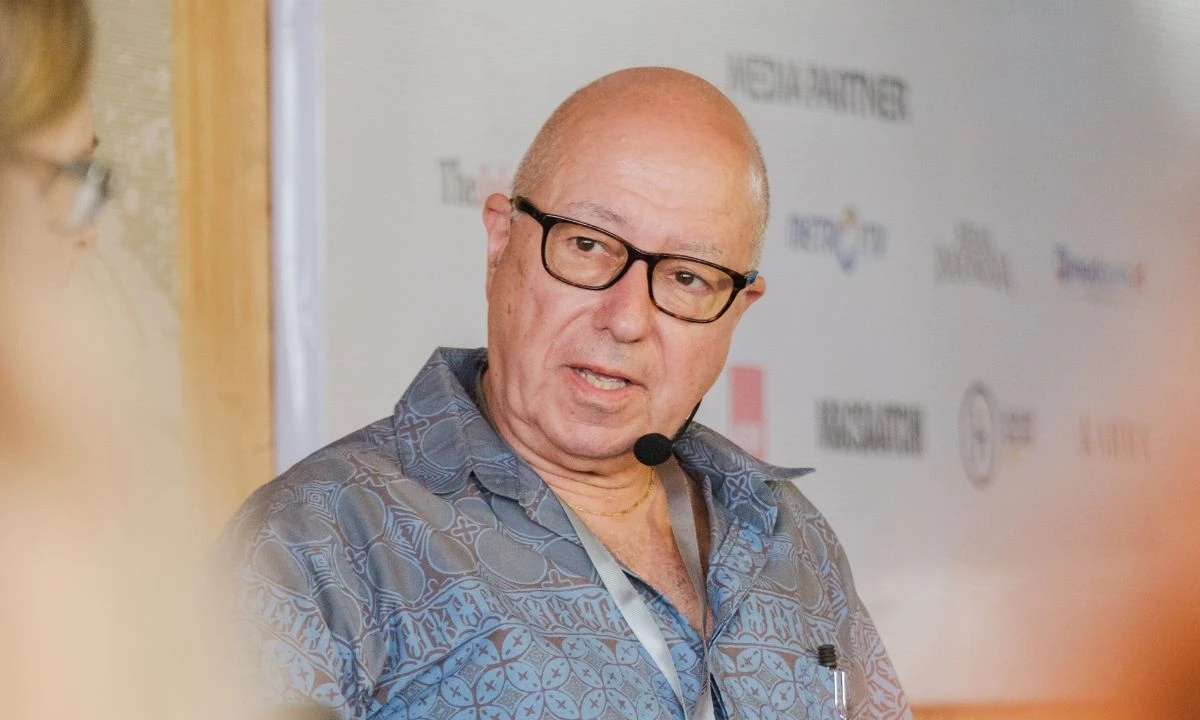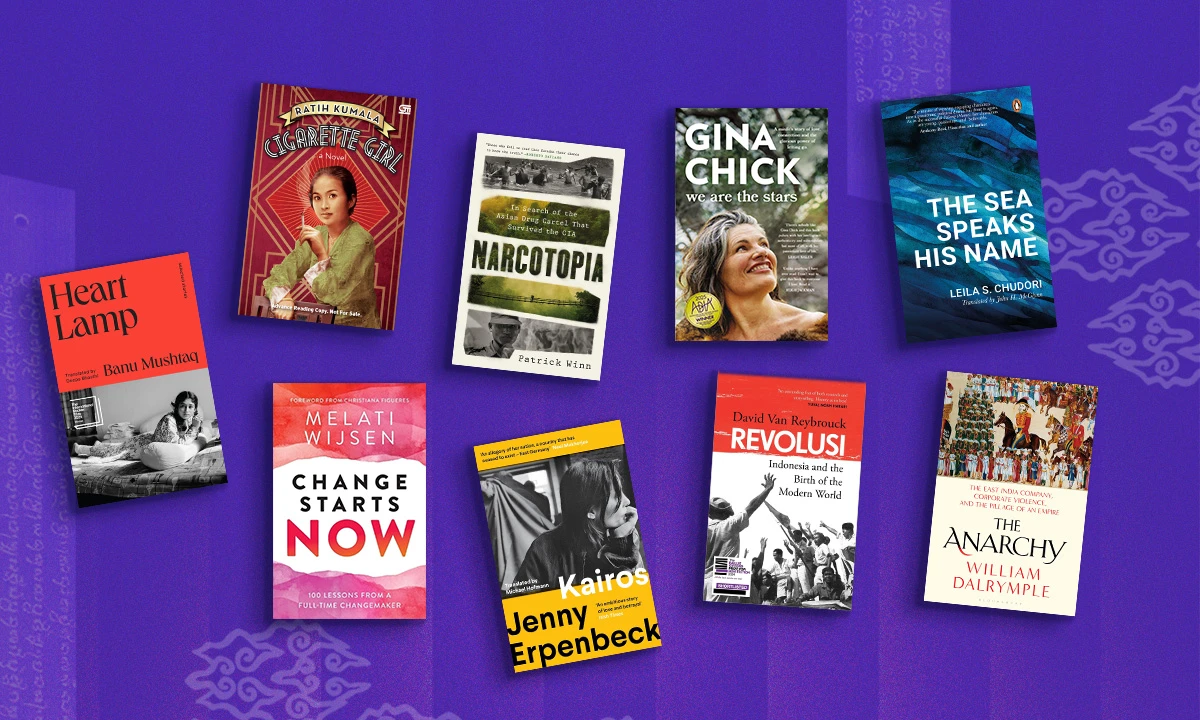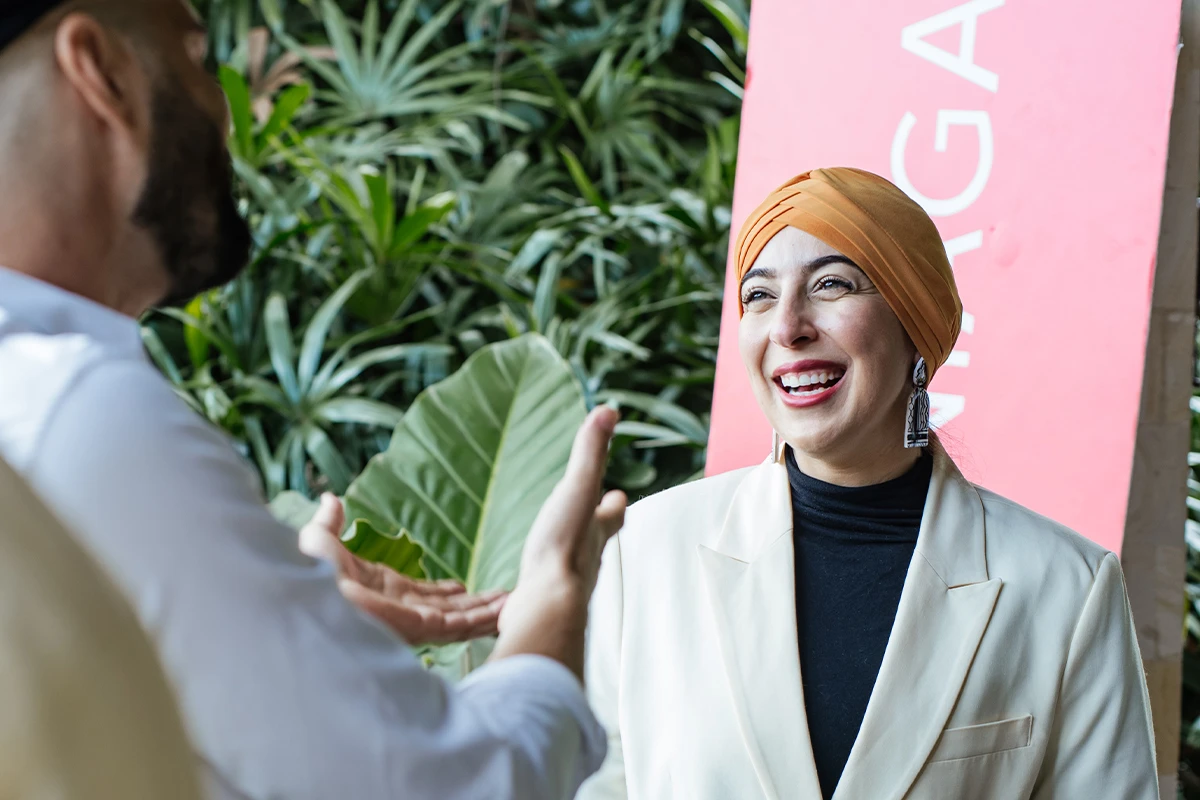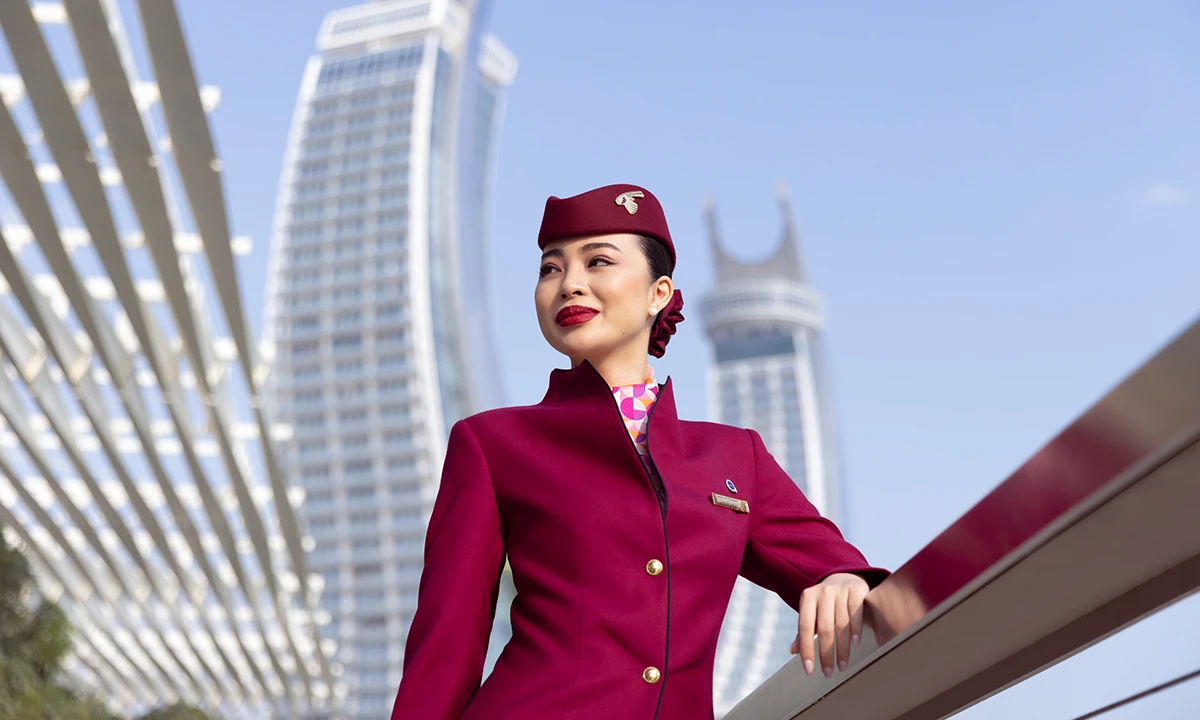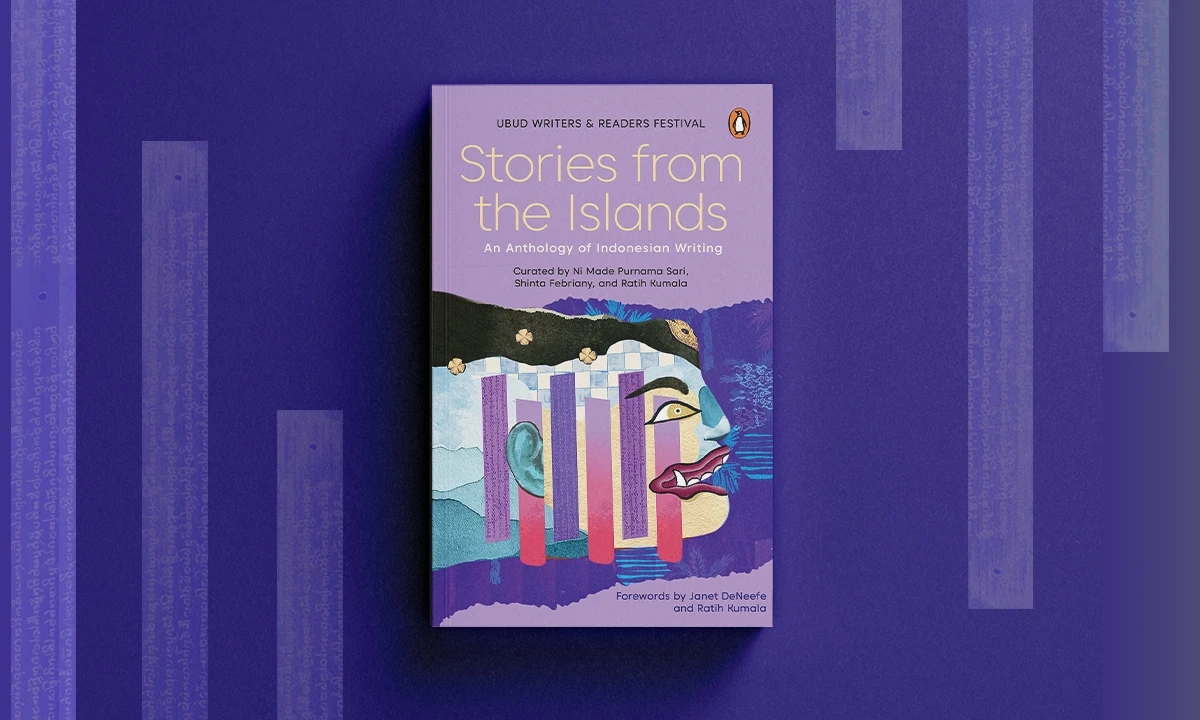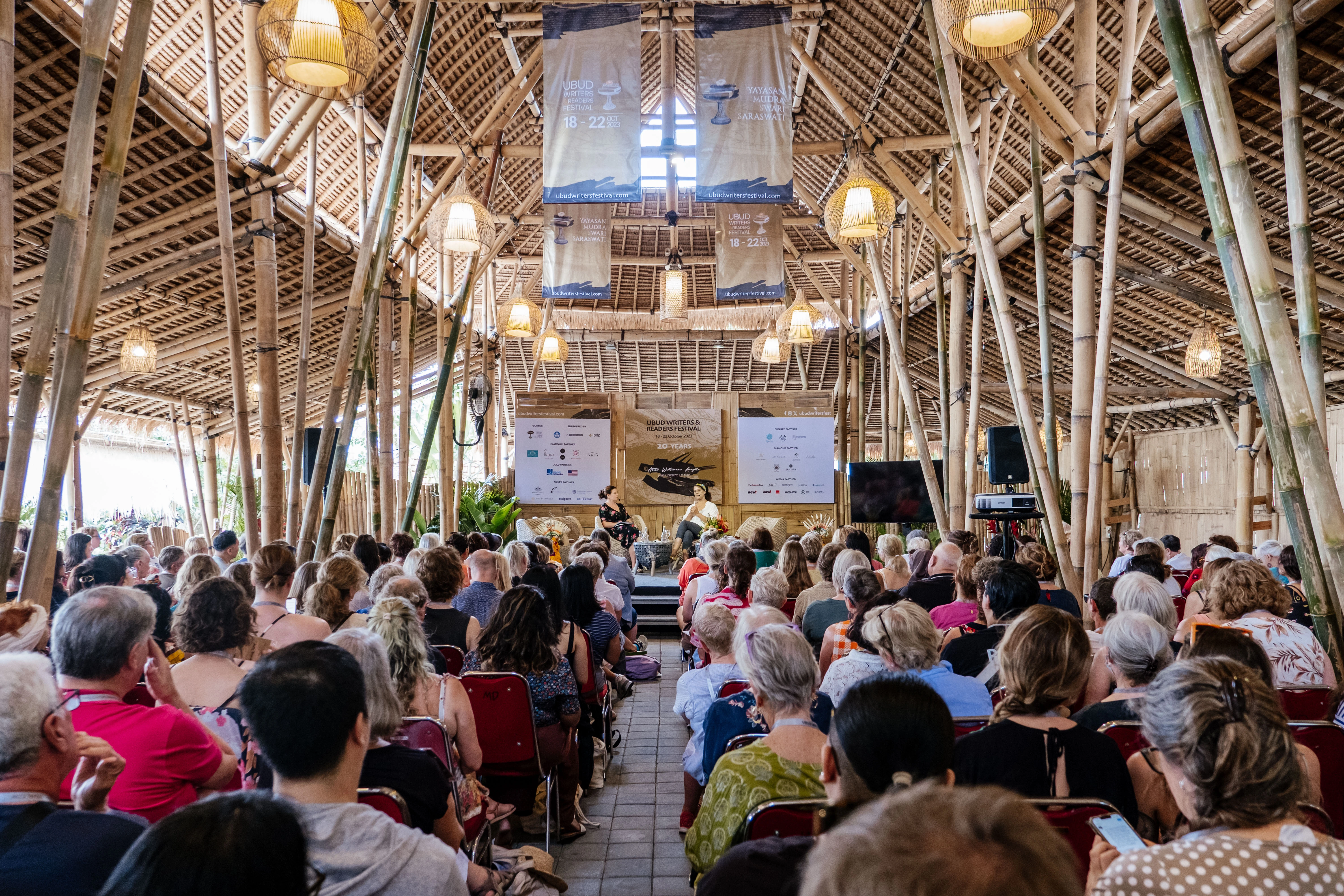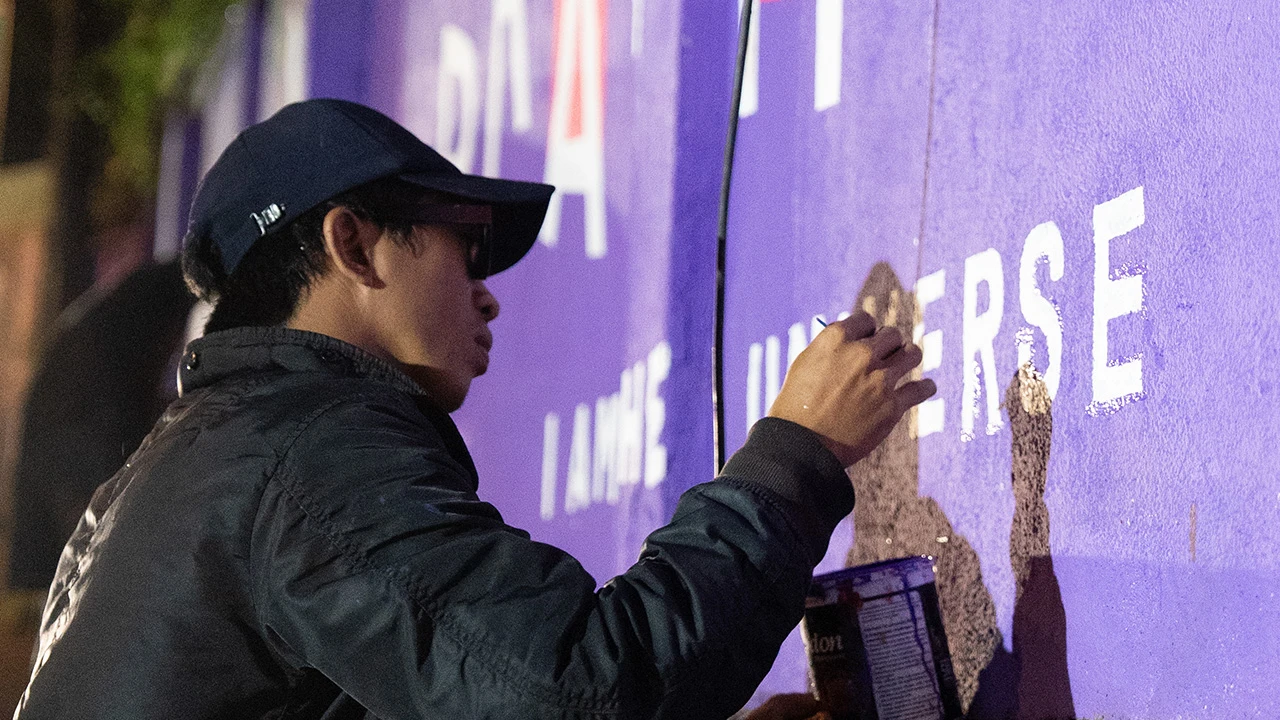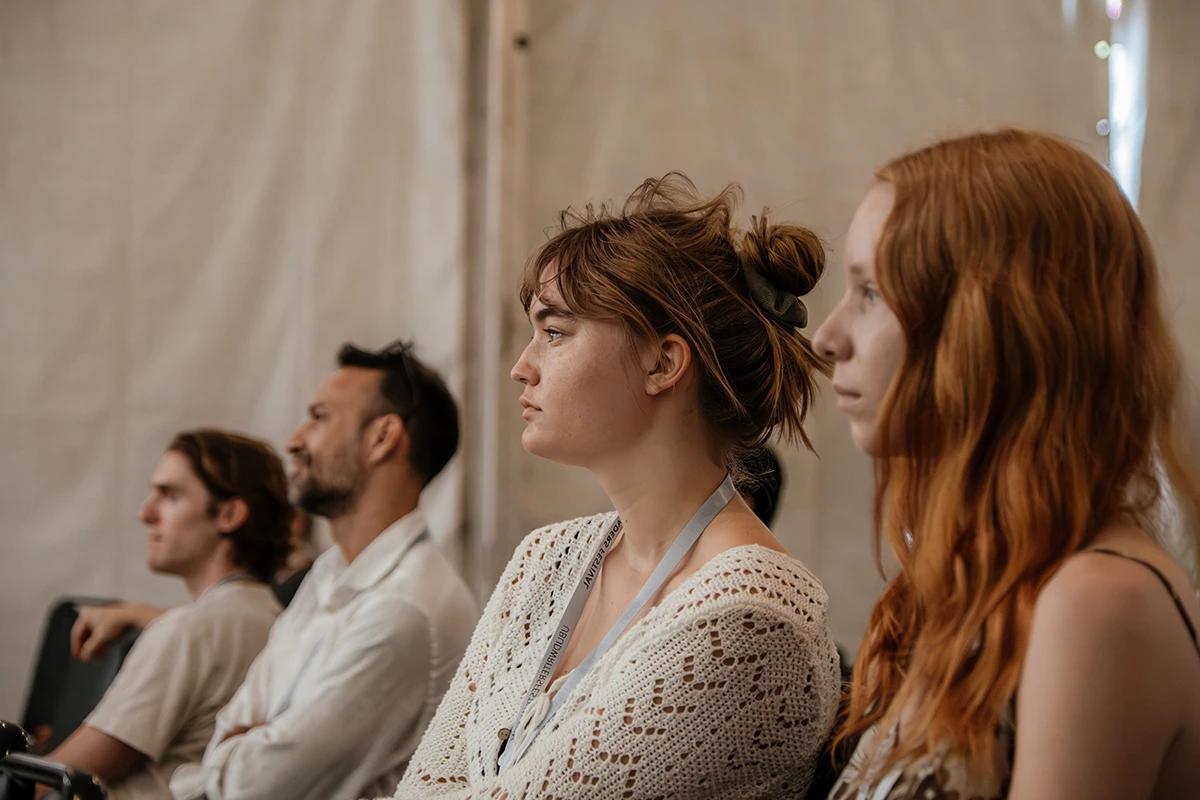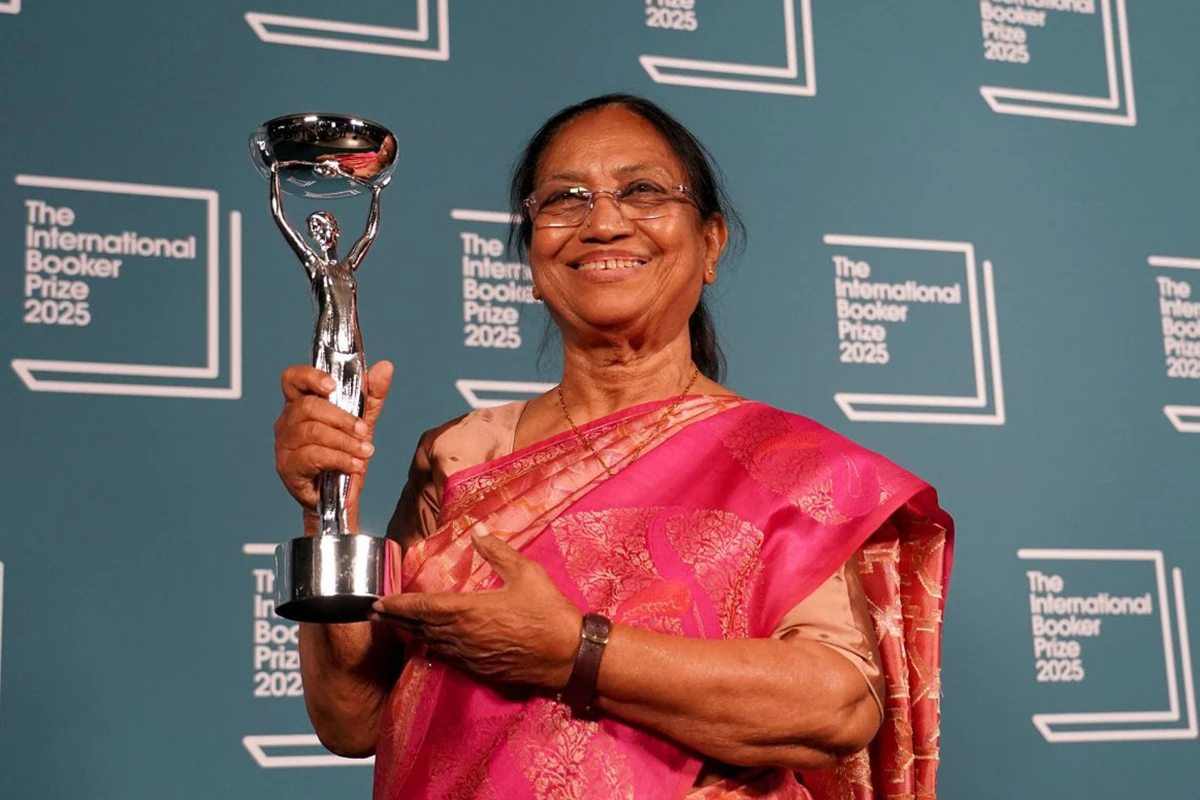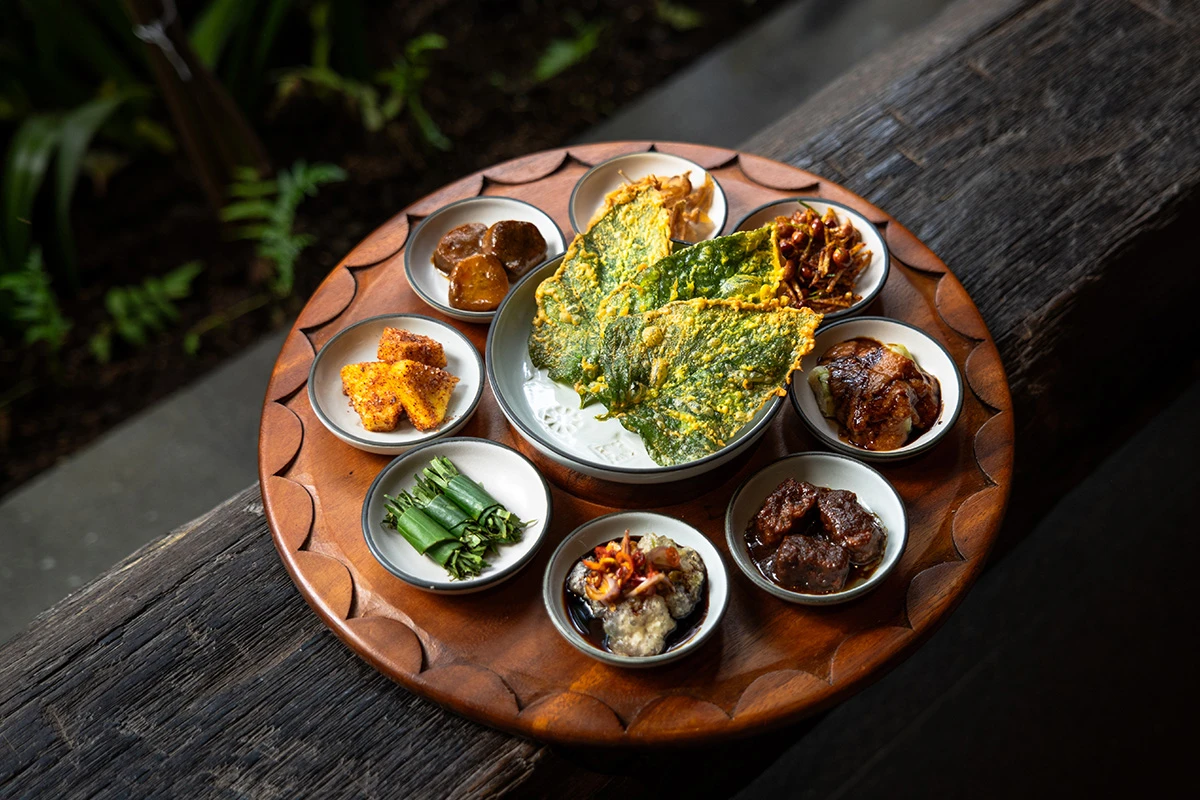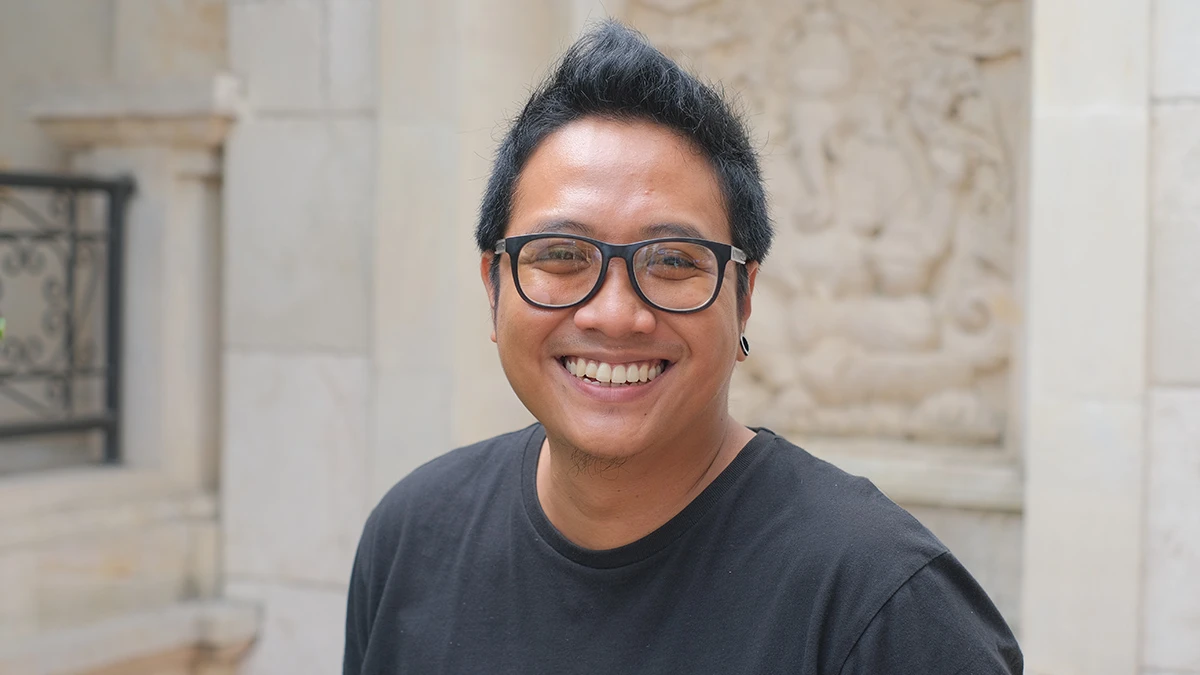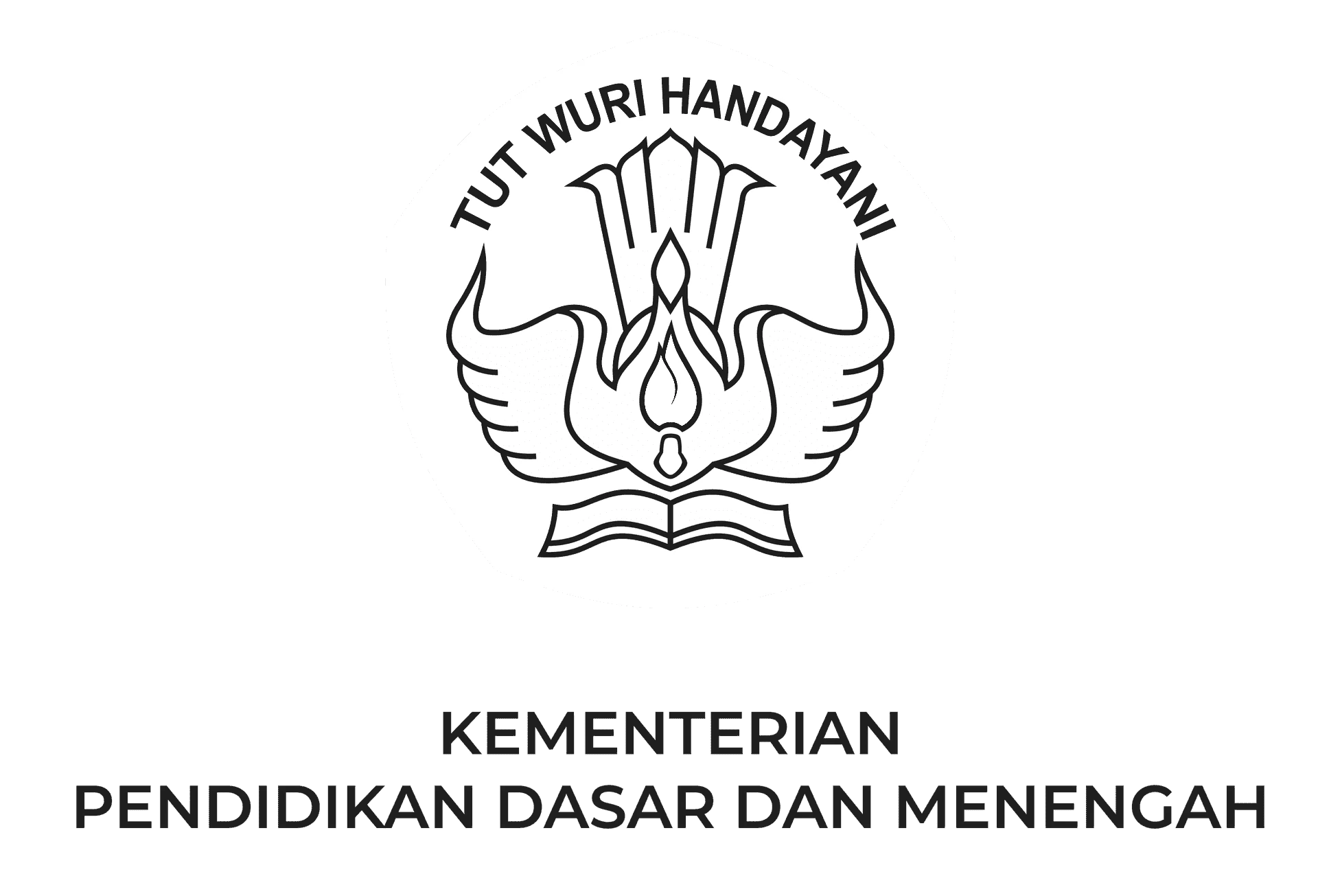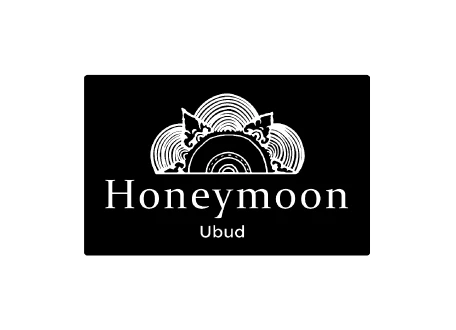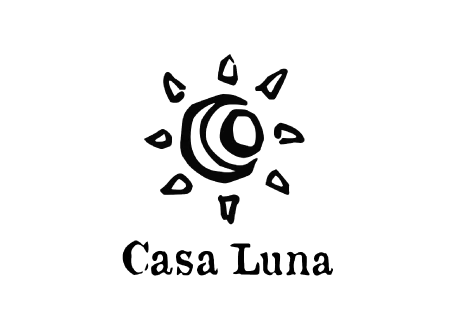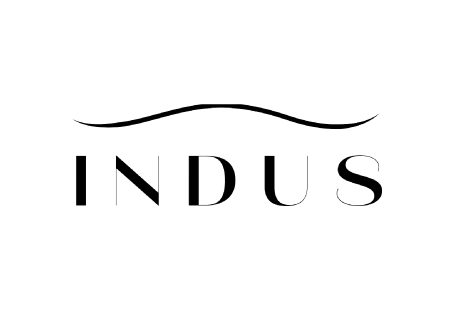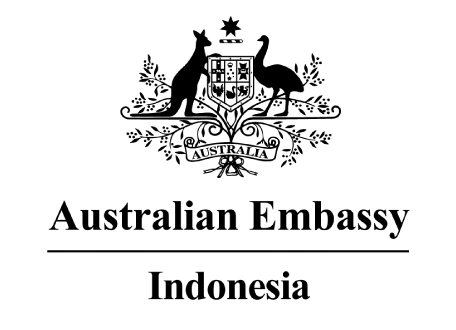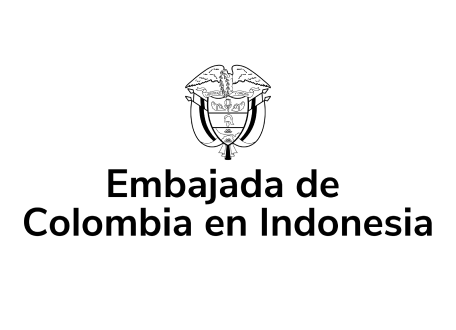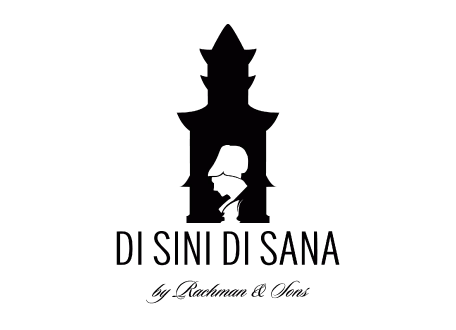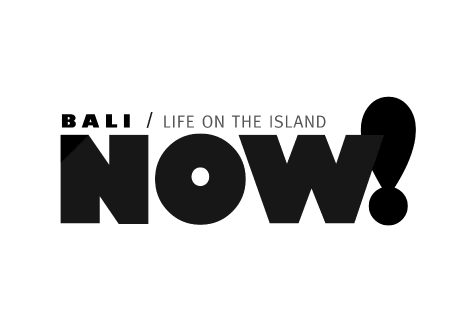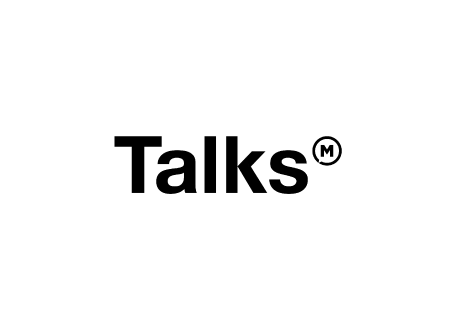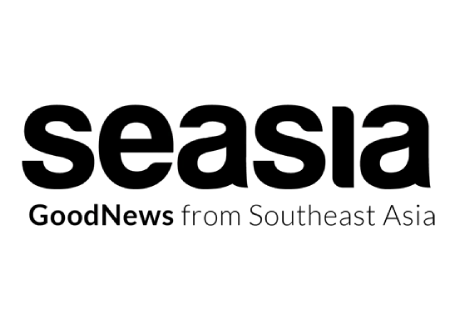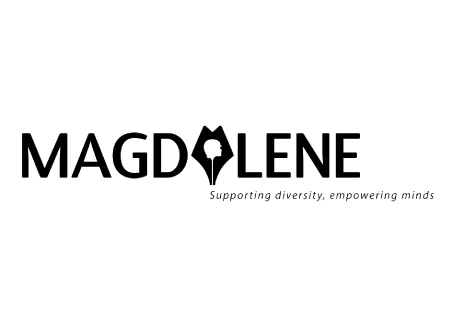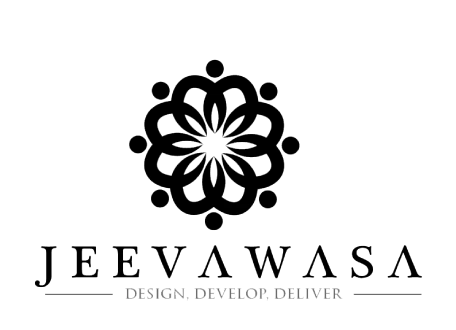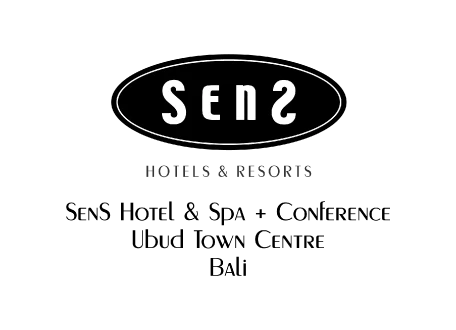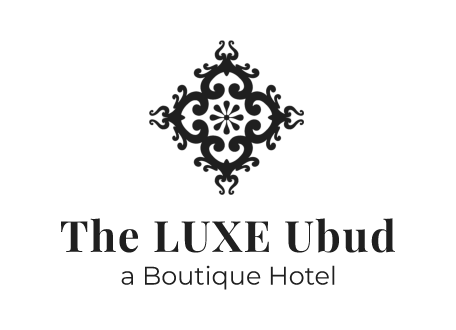We are so excited to reveal our next Q&A from our series of meet-the-moderators, who have been gracing our stages since our humble beginnings and will be returning once again this year.
Meet Janet Steele, who has been moderating some unforgettable conversations with international headliners over the years. She is an American professor of Media and Public Affairs and International Affairs at George Washington University. A frequent visitor to Southeast Asia, she is the author of numerous books and articles on journalism history, theory, and practice, including Wars Within: The Story of Tempo, an independent magazine in Soeharto’s Indonesia.
Get to know Janet as we discuss what to expect from her upcoming sessions, her reading, and the events she’s most looking forward to at this year’s Festival.
You’ve been coming to UWRF for years now as a regular moderator. What makes you want to come back?
I’ve attended every festival except the very first, and it’s always the highlight of my year. I love the variety of writers I meet, and the chance to show audiences how interesting they are. I also love the unpredictability – it feels like running a university seminar with really smart participants. I always prepare a plan and have a good sense of the themes I want to cover, but I try to stay flexible and let the discussion flow in unexpected directions.
I always ask to moderate writers from Southeast Asia, especially Indonesians. Because I speak Indonesian and have written about journalism here, I can sometimes act as a cultural translator, helping Indonesian writers show audiences just how amazing they are.
And speaking of audiences, there’s nothing quite like the one at UWRF! I love how they pay as much attention to the moderators as they do to the writers.
You’re once again moderating a few sessions this year, including a conversation with Saad Mohseni, who runs the largest Afghan independent media company in a Taliban-run country. How do you navigate the risks of discussing liberal viewpoints in a session moderated under the shadow of Taliban control?
To prepare, I read everything I can before the festival, and I also listen to other interviews and media appearances to get a sense of how the writers speak. It’s important that the audience understands what the book is about and why the writer is significant, but I also try to come up with a few questions they may not have been asked dozens of times. My goal is not to throw them off balance, but rather to encourage fresh insights they may not have considered before.
With Saad Mohseni, I’m especially interested in how the Moby Group reported news under Taliban rule. I’ve written about journalism and Islam in Muslim Southeast Asia, and I’m genuinely curious as to whether some of what I’ve observed in Indonesia and Malaysia might also apply to Afghanistan.

